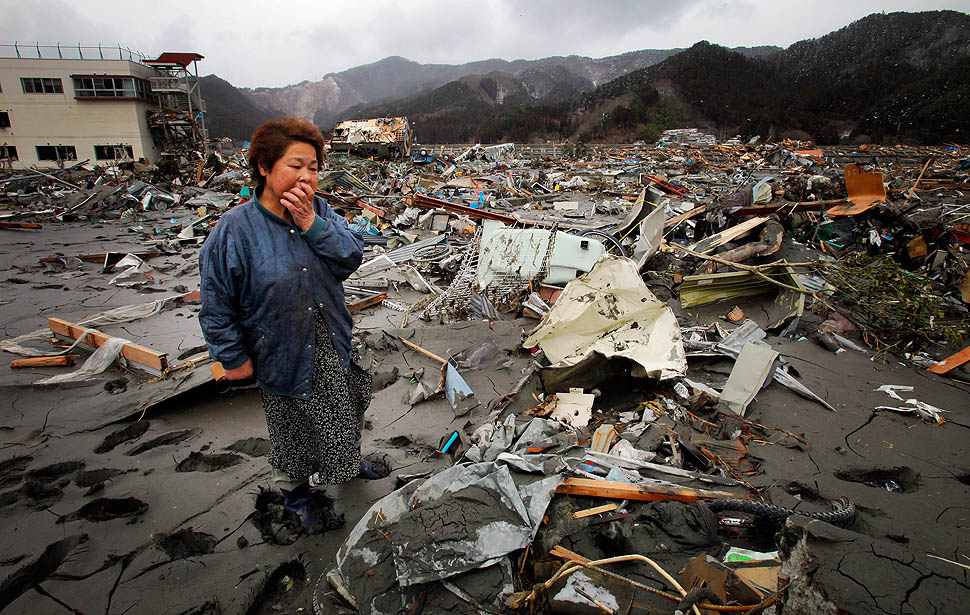Everything changes us, but sometimes a crash can change everything. Even though the brain is wired into a particular mode of behavior by repetition, trauma can lead to a break, to enlightenment. But far more often, suffering is simply what it is: It just hurts. Blessed are those, I suppose, who have useful tragedies. The opening of Pico Iyer’s New York Times essay:
“NARA, Japan — Hundreds of Syrians are apparently killed by chemical weapons, and the attempt to protect others from that fate threatens to kill many more. A child perishes with her mother in a tornado in Oklahoma, the month after an 8-year-old is slain by a bomb in Boston. Runaway trains claim dozens of lives in otherwise placid Canada and Spain. At least 46 people are killed in a string of coordinated bombings aimed at an ice cream shop, bus station and famous restaurant in Baghdad. Does the torrent of suffering ever abate — and can one possibly find any point in suffering?
Wise men in every tradition tell us that suffering brings clarity, illumination; for the Buddha, suffering is the first rule of life, and insofar as some of it arises from our own wrongheadedness — our cherishing of self — we have the cure for it within. Thus in certain cases, suffering may be an effect, as well as a cause, of taking ourselves too seriously. I once met a Zen-trained painter in Japan, in his 90s, who told me that suffering is a privilege, it moves us toward thinking about essential things and shakes us out of shortsighted complacency; when he was a boy, he said, it was believed you should pay for suffering, it proves such a hidden blessing.
Yet none of that begins to apply to a child gassed to death (or born with AIDS or hit by a ‘limited strike’). Philosophy cannot cure a toothache, and the person who starts going on about its long-term benefits may induce a headache, too.”
••••••••••
“And what good is cancer in April?”:

